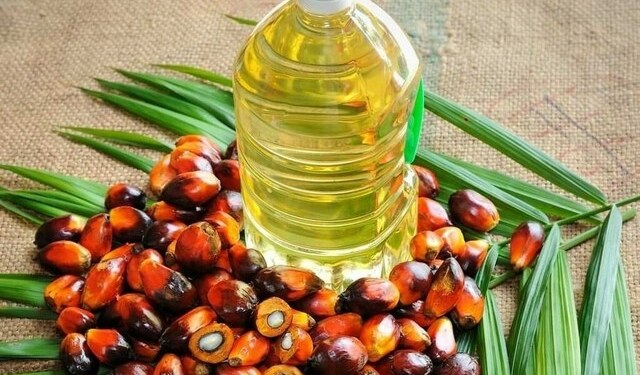KUALA LUMPUR, Feb 19 (Bernama) — The Malaysian Rubber Board (MRB) foresees that the earnings of the rubber glove sector is unlikely to be affected by the proposed increase in foreign worker levy despite it being labour-intensive.
According to its Director-General, Datuk Dr Mohd Akbar Md Said, the glove manufacturing industry was currently actively investing in automation and as such, the new fee structure would not drastically impact its operation costs
“If at all the government were to raise the levy, we foresee that the adverse impact on the sector will not be prolonged due to the gradual increase in the production capacity of rubber glove companies as well as resilient demand for the gloves globally, which will eventually offset the rise in labour costs,” he told Bernama.
The government had proposed to raise the foreign worker levy from RM1,250 to RM2,500 for the rubber glove sector to encourage employers to opt for automation in order to reduce labour costs and increase productivity.
The implementation of the new levy, which was set for Feb 1, had been temporarily deferred until a meeting is held between the Home Ministry and industry players.
Deputy Prime Minister Datuk Seri Dr Ahmad Zahid Hamidi had said earlier that the Cabinet has decided on the meeting between the ministry’s secretary-general and chambers of commerce, unions and related non-governmental organisations to be held before Feb 20, and until then, the new rate will be temporarily suspended.
Mohd Akbar said the levy issue would be discussed again at the Cabinet meeting after consultation with the industry players.
“Until the government makes the decision, it is difficult for us to calculate the impact of increasing the levy on cost of production,” he said.
In the first nine months of 2015, the rubber glove sector posted an average 38.4 per cent year-on-year core net profit growth after an 11 per cent decline in 2014, mainly due to additional capacity expansion driving the higher glove shipment volume and better operating efficiency from automation and faster lines.
Malaysia exported 28.5 billion pieces and 23.4 billion pieces of latex and nitrile gloves respectively in the first half of 2015.
In addition, Mohd Akbar said as glove companies gradually increased their production efficiency as well as manufacturing automation, the dependency on foreign labour would gradually be reduced.
When asked if corporations would bear the operating costs if the government were to implement the new fee structure, Mohd Akbar said, some industry players would pass the extra cost to the consumers such as glove industry, but it is not a similar case to the upstream sector.
“The upstream sector is more concerned about the impact of Goods and Services Tax on agricultural inputs especially fertiliser, chemical for weed control, latex stimulant and other inputs,” he said.
At for the upstream sector, he said most rubber estates employed locals as rubber tappers and foreigners for other unskilled jobs.
According to the Malaysian Rubber Export Promotion Council, in the first six months of 2015, export of rubber products amounted to RM8.47 billion, of which rubber gloves accounted for RM6.1 billion.
— BERNAMA


























